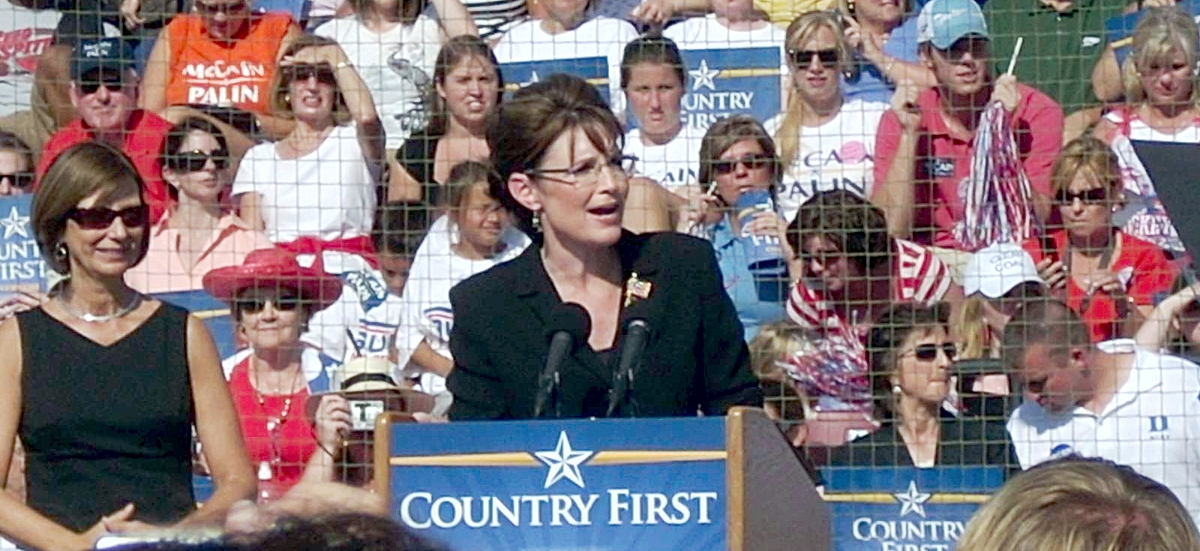Poet's Song
The story behind the writing of "Damned Fools"

This section is a place set aside for showcasing some of my poetry. Not all of it is current. It's a sampling of works created through the years, presented here in the interest of whetting your appetite for my new book, A Thousand Steps from Home, which rolled off the press in October. You can use the form below to offer feedback.
Other works: Trevecca | The Alchemist | Young Wisdom
"Damned Fools": The back story
Remnants of historical caste systems remain in North American society. Less pronounced by several degrees than contemporary definitions, perhaps, but power — and in some cases, advancement — remains out of the hands of particular groups of people until approval is handed down through channels deemed proper by they who wield power.
Governance of society conforms to a very strict set of rules concerning place, rank and who is entitled to enter positions intended for the few. Sometimes carefully planned societal shifts and the shaping of public sensibilities around particular ideas must be generated in order to grant admittance. Sometimes the answer is no, and the people must be convinced it was they themselves, not unseen power brokers, who brought about said rejection.

A THOUSAND STEPS FROM HOME: Look for my latest book of poetry in bookstores, or you can order it here.
Nowhere are the machinations of this reality laid bare more than in the very polarizing state of U.S. electoral politics. Nowhere is the folly of a system made more ridiculous than in tens of millions of people declaring “the people have spoken” (and nothing else) — when all that has occurred on election day is an opting for one of the two choices offered up by the unchanging ruling power bloc for the people's consideration.
Regionalism has been a factor in the machinations of Canadian society for much longer than I have been observing — and dodging — such things. Here, without a handy hyphen to protect against the timeless disparaging jokes the people now see themselves as too world-wise to continue using on (not coincidentally) government-identified groups, the still-pert mocking epithets might easily land at your feet. Striving to muscle your way onto that elusive platform where you can confidently feel eligible for everything, fairly and freely, can leave its scars.
Save for the storied North-South divide, I had not observed this particular dynamic as a significant player in U.S. society. Until Sarah Palin appeared out of the frosted mist, wearing a cultivated northern hardiness on her sleeve.
Confidently she strode
Irony abounds in the language employed in this poem. So does contrived sexism, along with cliché. All are representative of blanket sentiments the masses have unquestioningly used to label and position someone else in our society. That the notion might have come from a place other than personal observation seems to go unnoticed once the ball is rolling. The need to label Sarah Palin a dimwit and to be part of the force positioning her so that her political goal would be safely out of reach occupied Canadian as much as U.S. airwaves in the summer and fall of 2008. Curious, too, that the less-educated laboring class — none of whom had ever been mayor of a city or governor of a state — found themselves with microphones thrust into their faces so they could pontificate about political qualifications.
When I saw Sarah Palin in action at Elon University in North Carolina, she was not yet discredited and, with only a smattering of catcalls from still-anxious members of the opposing team to distract, there was no evidence of incompatibility with mainstream American people (though they would later be encouraged to believe it was). Instead, her downfall came by way of being exposed as simply too common to merit the esteem of the people — a portrait generously lifted up time and time again by the shapers of opinion until those very people, in obedience, helped drum her out of town. Her greater crime: having been vaulted (secretly and without authorization, by a bullheaded John McCain) into a position reserved for the elect.
In Canada, where political prizes and the fanfare are more modest, the people nonetheless embrace or shun in accordance with command just as obediently. It has been my argument for some time that portrayal of the outborn — the unentitled — carelessly in the news and in public-consumption art serves to fix or endorse widespread opinion one way or the other. People like me, old enough to feel the sting of resentment for being Canadian at all, and long portrayed in Canadian media and on its stages in ridiculous caricatures that damaged our ability to make our way on its streets, were actually saved by yet another government order: CanCon, which legislated into existence slots on national media that put a sober voice and our perspective to public portrayals of us.
Sometimes obedient giving by the “us” manifests itself in resentment for the gifts they were compelled by overlords to bring, and out of this bitterness humor’s spun to needle blocs of "they" who should be grateful for largesse. With glee the bitterness is consumed, all in the name of fun, without regard for tares being seeded with the wheat.
Without regard for constituent individuals of those outborn blocs, in turn, encountering roadblocks to personal ascension.
It seldom is effort of the disempowered that turns the tide toward favor. Just as seldom, a change of heart spontaneously welling amongst the people. Obedience, which sweeps the hard-done-by and his oppressor together in one pile, is the only force that can be counted on. And what particular limb the unseen strings will pull tomorrow is anybody’s guess.